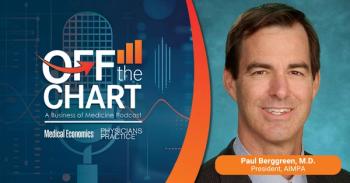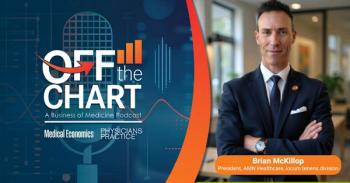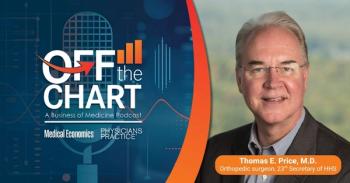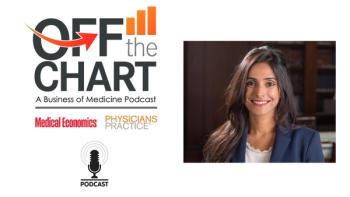
Like the Airlines, Healthcare Has Its Share of Ups and Downs
From technology to regulations, the airlines and U.S. healthcare industry have a lot in common these days.
You can get nearly anywhere in our small world in less than 24 hours in this day and age.
I have traveled quite a bit through my career, and going through so many airport concourses over three decades has given me a healthy understanding of and respect for the impact that the travel industry has on our economy and society.
In the U.S. alone, more than 500,000 airline industry employees enplane more than 750 million passengers a year.
Yet with so many technological advances since the 1950s, the glamour days of flight travel, as nostalgically portrayed in a new TV series “Pan Am,” are long gone.
Security, regulation, rising costs, passenger demand, and a host of other reasons have made modern travel a real hassle. We can wish for the good old days, but they aren’t coming back. Ever.
A functioning, accessible, affordable healthcare system has never been more vital to our health and our economy. In 2008, there were 14.3 million jobs in the healthcare industry according to the Bureau of Labor Statistics, with 3.2 million new jobs predicted by 2018.
Like the airline industry, health care has benefited greatly from technological advance. The tools at our disposal in 2011 would seem like something out of Star Trek to the physicians and nurses of the 1950s. In the span of my 31-year career, we have gone from virtually no computers to a healthcare system that can’t function without them at any level.
Airports and hospitals are full of people dedicated to serving the public in an increasingly complex and difficult environment.
As time has brought technological wonders to each industry, new regulations have likewise increased - and it can feel as if they sometimes outpace the technology.
I for one don’t reject increasing regulation out of hand. I want safe air travel, clean water, and safe foods. As for healthcare, I’m serious about reducing infection and eliminating medical errors. Much of the regulation in the modern healthcare industry has improved outcomes and the safety of the patients under our care. However, there have been some personal costs to the folks that deliver the care, and that is a reduction of the satisfaction that I used to get practicing medicine.
Providers as “experienced” as I am may wax nostalgic for the days of Dr. Kildare and Marcus Welby, M.D. I also am aware that in most situations, the “good old days” weren’t. However, these icons were everyone’s family doctor, and always could be trusted to be ethical and do the right thing for their patients in every situation, at least on TV.
Bureaucratic layers, paperwork, and regulations can clog most aspects of healthcare and sometimes seem to have more to do with cost savings than patient safety. I serve on the clinical practice improvement committee at my hospital, and know that it is in everyone’s best interest to prevent readmissions, nosocomial infections, and make the hospital and surgical environment as safe as we can for our patients.
Practicing medicine and making a difference in peoples’ lives remains a thrill for me. I am always glad that I chose to become a PA in the 1970s, yet even the most seasoned provider is allowed to question the necessity of so much paperwork and regulations.
The stress and difficulty of the jobs in the airline and healthcare industries are increasing, despite better tools to do the job. Policymakers need to keep this in mind as they further regulate the industry. The primary goal is safety and better outcomes in medicine; not more rules.
For more on Stephen Hanson and our other Practice Notes bloggers, click
This blog was provided in partnership with the American Academy of Physician Assistants. For more information, visit
Newsletter
Optimize your practice with the Physicians Practice newsletter, offering management pearls, leadership tips, and business strategies tailored for practice administrators and physicians of any specialty.






